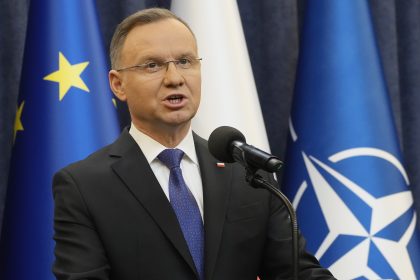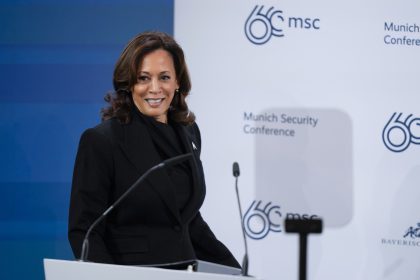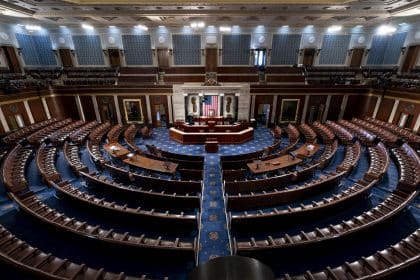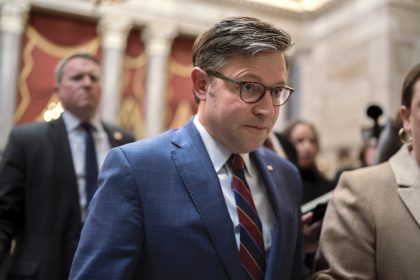China Irked By US Push for Taiwan Presence at World Health Assembly
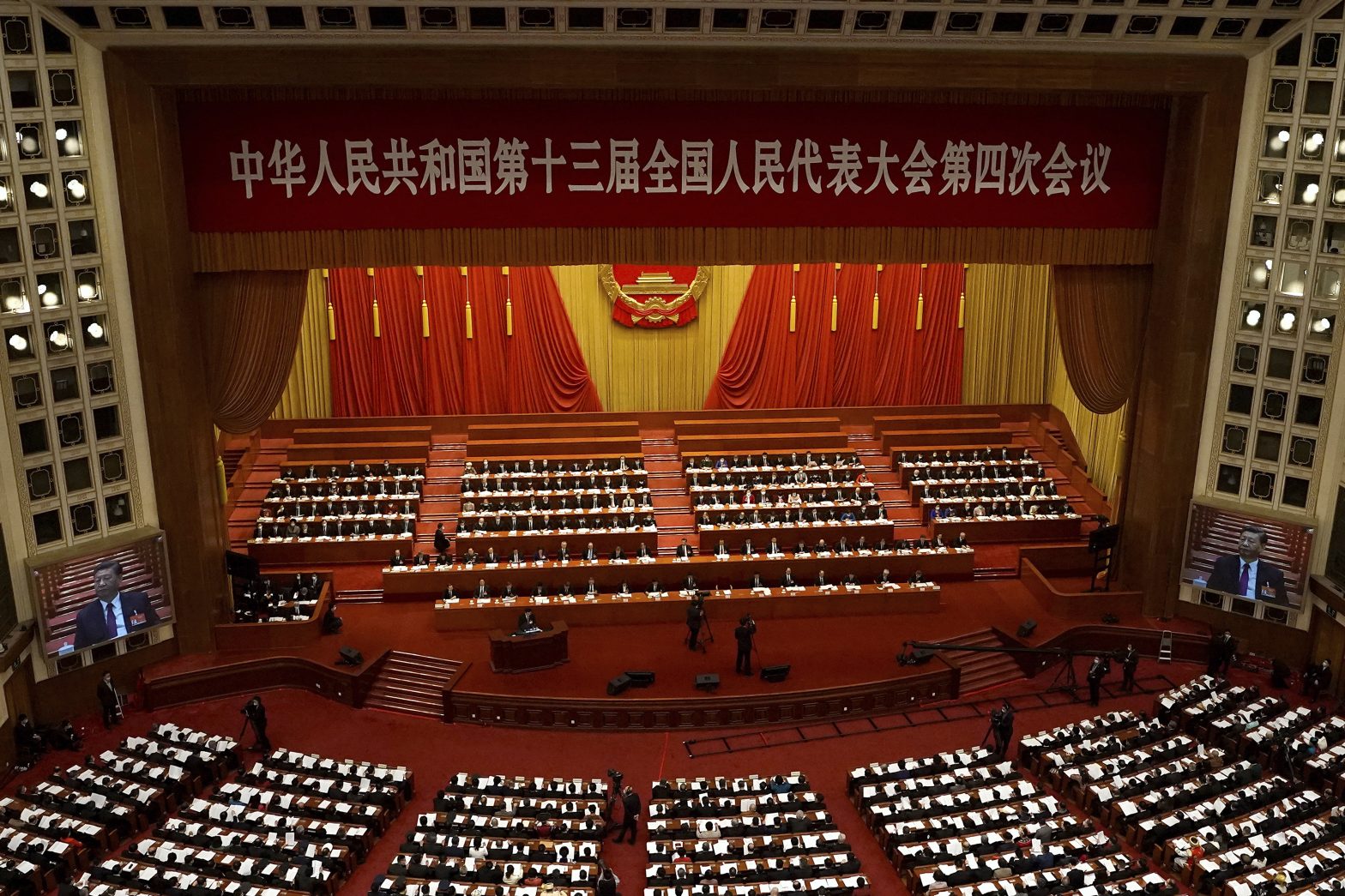
Over the last two weeks, China and the U.S. have made dueling comments about whether Taiwan should be admitted to this year’s World Health Assembly, the meeting where priorities and policies of the World Health Organization are set, which will be held later this month.
U.S. Secretary of State Anthony Blinken has said that denying Taiwan participation at the assembly would “imperil” global health objectives.
At a press conference this week, Chinese foreign ministry spokesperson Hua Chunying said that they “deplore and reject” the U.S. calls for Taiwan to join the assembly.
China has worked to keep Taiwan from accessing international bodies, including denying Taiwan involvement with the assembly, which has caused some tension with the U.S.
Relations between China and Taiwan are increasingly tense, causing some experts to worry that the U.S. could be drawn into a war because of its support for the country.
While Taiwan has governed itself independently of China, the Chinese government considers it as part of its territory. China has “vowed to eventually ‘unify’ Taiwan with the mainland, using force, if necessary,” according to a CFR explainer. In recent years, China has ramped up military and political pressure on Taiwan, despite the resistance of Taiwanese President Tsai Ing-wen to political pressure.
In 1979, the U.S. recognized Chinese control of the region and shifted its diplomatic recognition from Taipei to Beijing. The U.S. has maintained strong unofficial relations with Taiwan as part of its strategy in Asia since the 1979 Taiwanese Relations Act, according to the American Institute in Taiwan. The U.S. has continued relations, including the sale of arms to the Taiwanese government.
The U.S., although it provides weapons to Taiwan, has not actually indicated whether it would defend Taiwan if China attempted serious military action, according to the Council on Foreign Relations.
Other areas of the U.S. relationship are also in question.
There’s reason for “cautious optimism” about the chances of making progress on a Taiwan-U.S. trade deal during the Biden administration, Lotta Danielsson, vice president of the U.S.-Taiwan Business Council, said in an email exchange.
“So far, I have been happy with the support for Taiwan that the Biden administration has shown,” she said.
Despite some initial concerns in the early days of the administration, which Danielsson said is characteristic of the general anxiety that attaches to changes in administration, the Biden administration has loosened guidelines for interactions between government officials which has opened better channels of communications between the two countries, she said.
And the idea of a bilateral trade agreement has been “gathering steam” for the past year or two, Danielsson has previously written.
Taiwan was the U.S.’s 10th largest trading partner in 2019, with $85.5 billion in total (two-way) goods trade, according to the Office of the U.S. Trade Representative. The most recent available U.S. Department of Commerce figures suggest that that trade with Taiwan supported 208,000 jobs across the two countries.
On August 28, 2020, Taiwan President Ing-wen opened the Taiwanese market to U.S. beef and pork imports, removing a ban which was widely viewed as a stumbling block to a trade deal with the U.S. Those imports had been banned prior to that because of the additive ractopamine, present in the American meats but banned in many other countries.
In late 2020, the Legislative Yuan, Taiwan’s Parliament, erupted into a fistfight after the pig guts were thrown on the floor. The opposition, the Chinese nationalist party, and much of the public were against the Democratic Progress Party’s decision to remove the ban, reported The Guardian.
The decision has been described by Danielsson as a signal that Taiwan takes trade relations with the U.S. seriously, especially since President Ing-wen held fast, showing that the country would make hard domestic changes to court American trade.
Ultimately, whether a deal between Taiwan and the U.S. happens will depend on if the Office of the U.S. Trade Representative has the “bandwidth for it” and if the Biden administration has the willingness to forge ahead, Danielsson said.
As with the Trump administration, it may be difficult to get the USTR to focus specifically on a bilateral agreement with Taiwan, but there’s a chance some progress will occur over the next four years even if there’s no official start to formal negotiations, she said.
Partly it will also depend on how much emphasis the USTR ambassador places on the matter, Danielsson indicated. USTR Ambassador Katherine Tai, has declined to comment on a potential agreement, meaning it will take time to get clarity, she said.
However, Danielsson describes herself as “pretty confident” that new rounds of the Trade and Investment Framework Agreement negotiations will open soon. Trade and investment framework agreements, or TIFA, are general free trade agreements that offer “strategic frameworks and principles” for continued talks between countries, according to The Office of the U.S. Trade Representative, the office responsible for coordinating American trade overseas. They are seen as a step towards bilateral free trade deals.
“That will be a step in the right direction, given that the last rounds of U.S.-Taiwan Trade and Investment Framework Agreement talks took place way back in 2016,” she said.
The Trade and Investment Framework Agreement signed in 1994 represents the primary mechanism for trade between the two countries, but no official engagement has taken place since the 2016 round of negotiations, Danielsson has previously written. Taiwan is also not mentioned on the USTR’s “Trade and Investment Framework Agreement” deals list on their website.
“Even if TIFA talks resume, though, it’s not a substitute for working towards a bilateral trade agreement,” which would provide a “more comprehensive” trade framework, she explained.
There’s a lot of support for the idea of an agreement in the U.S., Danielsson said.
In addition to the support of American companies that conduct business in Taiwan, the Congress has been “incredibly supportive” from both sides of the aisle. Bipartisan letters, from the House in 2019 and from the Senate in 2020, voiced support for the idea to the USTR.
Asked about whether increasing tensions with China would increase the likelihood of a bilateral agreement between the U.S. and Taiwan, Danielsson said “potentially, if only because too many people in the U.S. see it as a zero-sum game.”
“It’s unfortunate that this is the narrative,” Danielsson said.
“I am of the opinion that it would be a good idea for the U.S. to separate the two issues when making decisions like these,” she said.
A bilateral trade agreement makes sense, she argues, because it would support and deepen American trade in the country and because the two countries already have an extensive trade relationship.


















